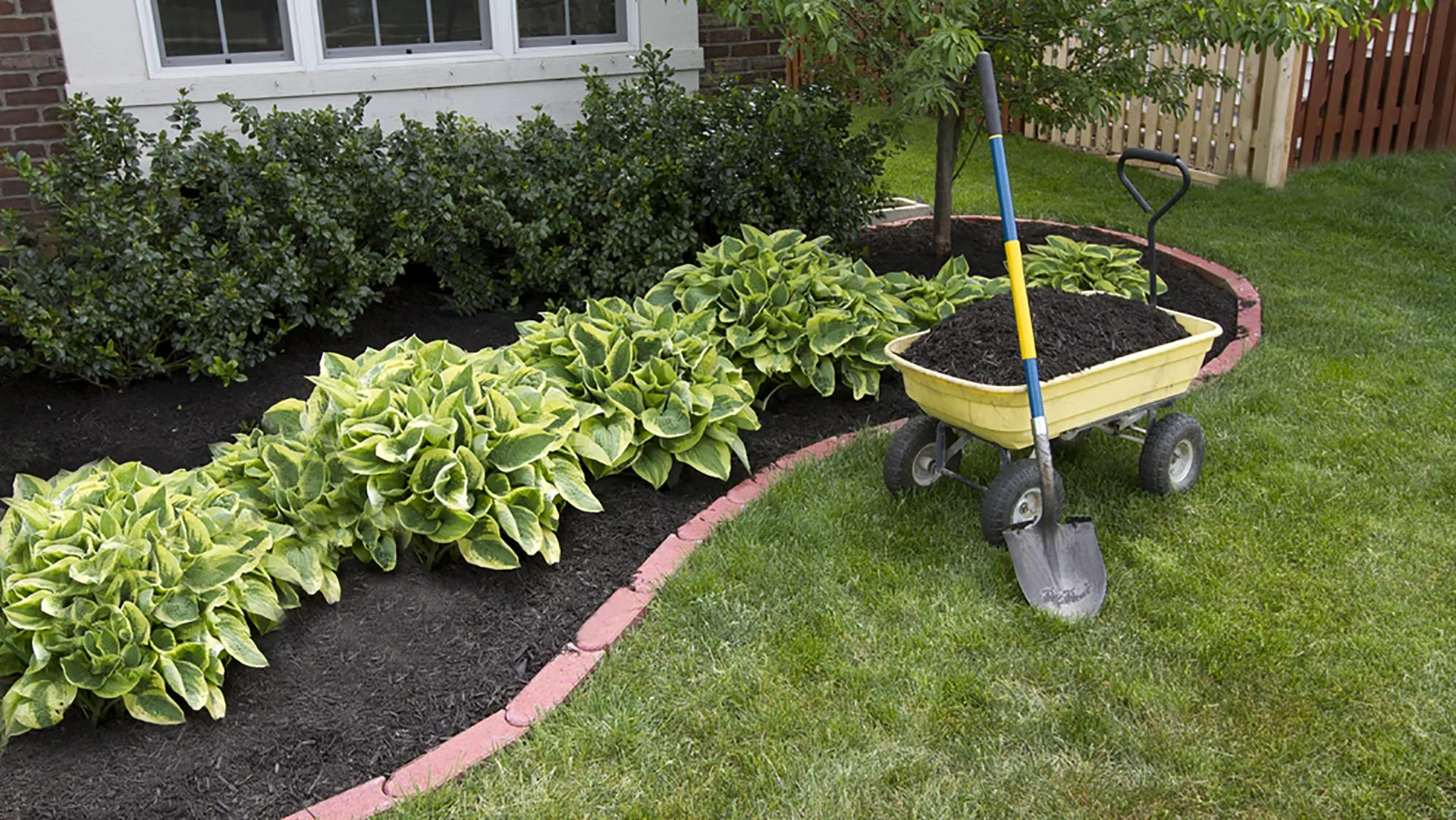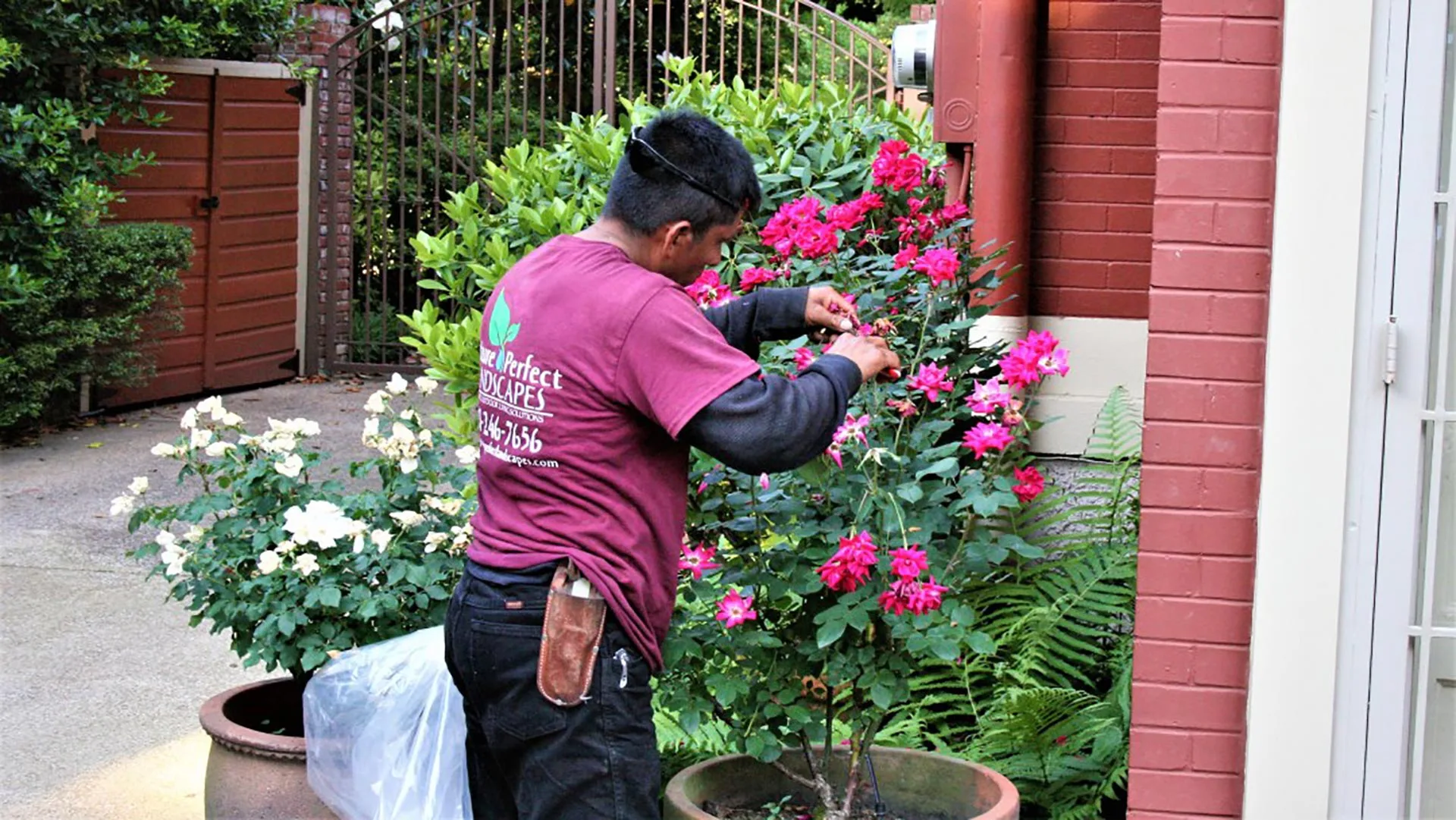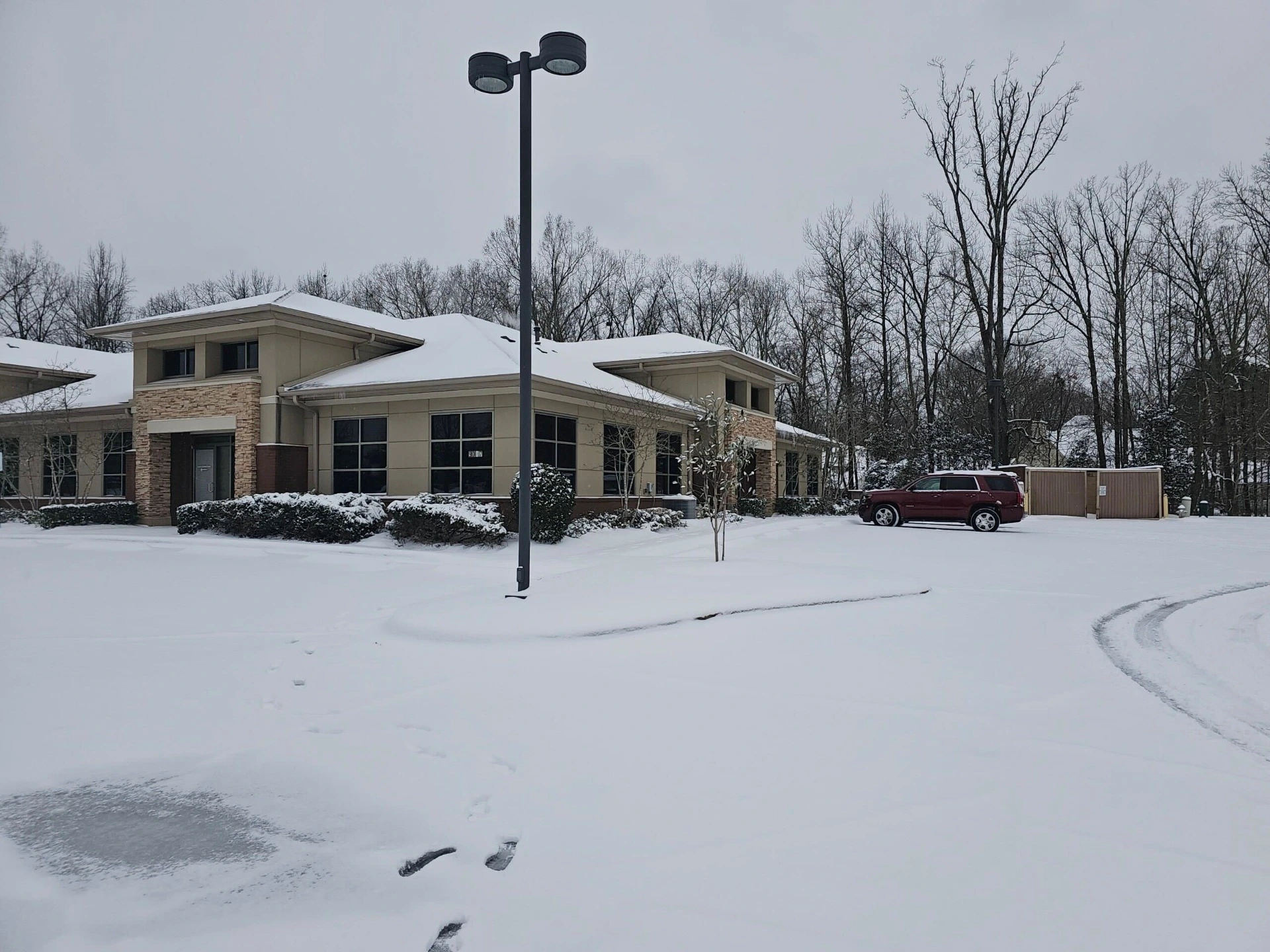Some of us may never see a grub in our lifetime, but you may see the damage they can do to your lawn. Grubs are larvae from different types of beetles. When they hatch, grubs will feed on the roots of your grass until there is nothing left. Some signs of grub damage include a lawn that feels spongy beneath your feet and grass that easily pulls up like a carpet.
So, how do you prevent grubs or get rid of the ones that are already feeding on your lawn? We highly suggest scheduling a preventative grub control treatment annually to ensure you don't deal with their damage. However, if you forget to schedule the preventative treatment, you can always schedule a curative treatment and additional lawn care services like aeration or sod installation to nurse your lawn back to health.
What are grubs and how do they cause potentially expensive damage to your lawn?

A grub is the larvae stage of a summer beetle, like a June beetle or a Japanese beetle. They live underground and feed on the roots of your grass while they turn into adult beetles in late summer. This causes your grass to lose access to essential nutrients and water and significantly weakens your grass.
Yellow and/or brown spots throughout your lawn are a common sign of a grub infestation due to the lack of nutrients and water. In addition to this, your lawn will probably feel spongy when you walk on it and you will be able to lift your grass from the soil easily, as there are no more roots to anchor it down.
If you notice these signs of grub damage, call a professional company like ours immediately to schedule a curative grub control treatment.
Preventative vs Curative Grub Control Treatments
Grubs can wreak havoc on your lawn, destroying it in only a span of a few weeks. The only way to fully prevent your lawn from becoming a victim of grub damage is to schedule preventative treatments. However, if you missed your treatment this year, curative treatments are necessary to stop the grubs in their tracks.
Preventative Grub Control: This treatment is usually applied around May or June because the grubs have not hatched yet. This treatment will eradicate the problem before it even begins, saving your lawn from grub damage entirely.
Curative Grub Control: If you missed the window to apply a preventative grub control treatment and you are starting to notice signs of grub damage, schedule a curative treatment immediately. This will stop the grubs from creating any further damage, however, it cannot reverse the damage that has already been done. Because of this, you will need to schedule additional lawn care and maintenance services to nurse your lawn back to health.
Nurse your lawn back to health with aeration and overseeding or sod installation.
Aeration & Overseeding: One option to revive your lawn is through core aeration and overseeding. Overseeding will help make up for the dead grass by growing fresh, new grass blades. Aeration is the process of poking many small holes throughout your soil to give better access to essential nutrients, water, and sunlight. Together, these two services will help give your lawn a new lease on life.
Sod Installation: Another option to regain a lush, green lawn is to install new sod. This is an "instant" way to see new, green grass right away instead of waiting for new seeds to establish themselves.
We are your grub experts. Call us today to schedule!
Once grubs find their way to your lawn, they will eat away at your roots until there is nothing left. That is why we highly suggest using preventative grub control treatments as "insurance" for the health of your lawn. However, we understand that sometimes life gets in the way and the months of May and June might quickly pass by with no preventative grub treatment. If this is the case and you begin to notice signs of grub damage, call us immediately for our curative treatment.
We offer preventative and curative grub control treatments as well as aeration and overseeding to nurse your lawn back to health. If your home or business is located in the Memphis, Midtown Memphis, or East Memphis, Tennessee area, give us a call today at (901) 246-7656 to schedule.







Comments (0)
Thanks for your comment!
Thanks for your feedback! Your comments have been successfully submitted! Please note, all comments require admin approval prior to display.
Error submitting comment!
There is a problem with your comment, please see below and try again.